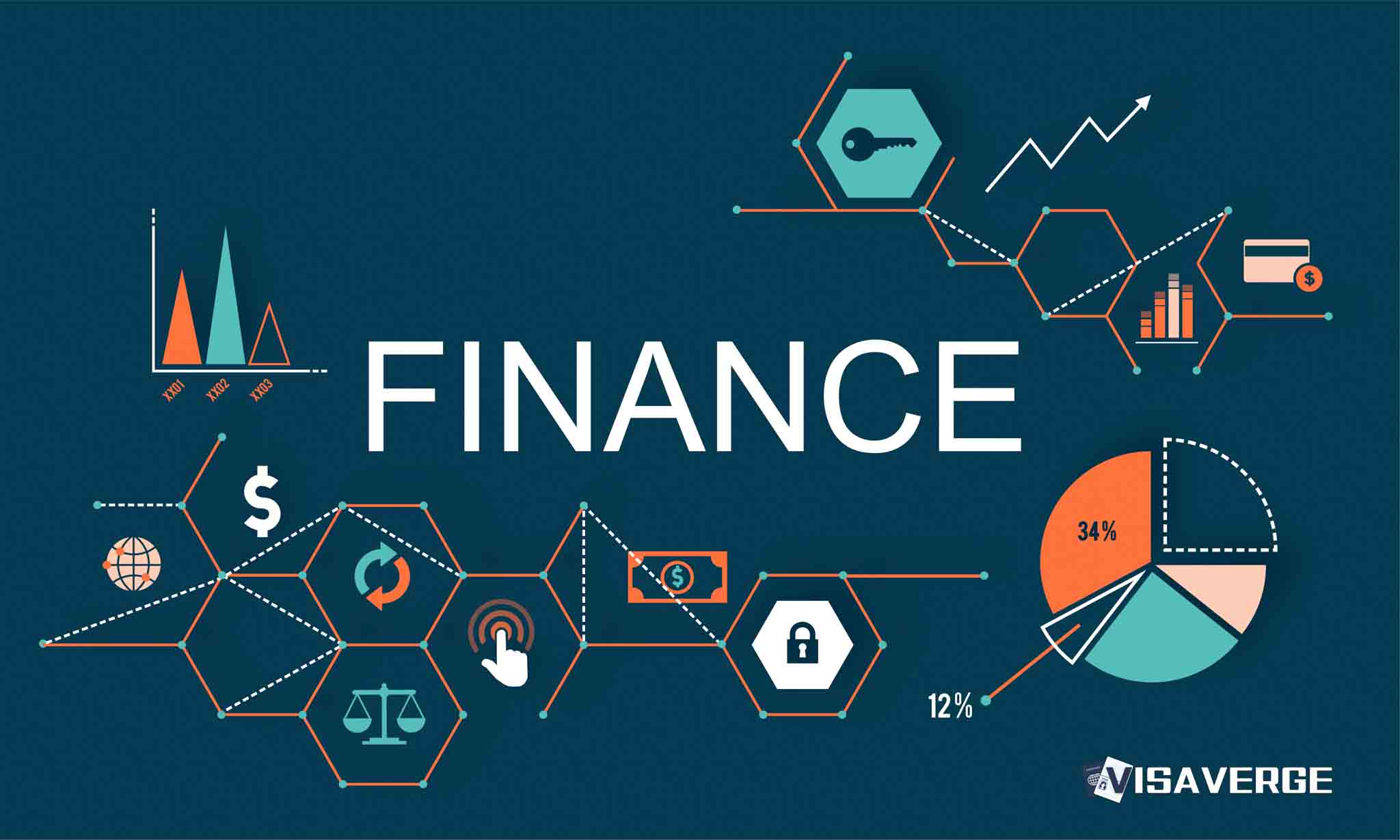Key Takeaways
• South Carolina’s minimum wage remains $7.25 per hour through 2025, matching the federal rate unchanged since 2009.
• Starting January 1, 2026, South Carolina will raise its state minimum wage to $8.75 per hour.
• The new wage will increase annually until 2028, then adjust yearly for inflation based on the CPI.
As of July 6, 2025, workers and employers across South Carolina are still following the federal minimum wage of $7.25 per hour. This rate has not changed since 2009, and South Carolina remains one of the states without its own minimum wage law. However, a major shift is on the horizon: starting January 1, 2026, South Carolina will introduce its own state minimum wage, beginning at $8.75 per hour. This article explains what this means for workers, employers, and anyone interested in labor policy, breaking down the details, background, and what to expect in the coming years.
Who Is Affected and Why This Matters

The minimum wage is the lowest amount an employer can legally pay most workers for each hour of work. In South Carolina, this affects a wide range of people, including:
- Hourly workers in restaurants, retail, hotels, and other service jobs
- Tipped employees like waiters and bartenders
- Full-time students working part-time jobs
- Young workers under age 20 starting their first jobs
- Employers who must follow wage laws to avoid penalties
The minimum wage sets the baseline for pay in the state. When it stays the same for many years, as it has in South Carolina, workers may struggle to keep up with rising costs for food, rent, and other basics. At the same time, employers must plan for any changes to wage laws, which can affect their budgets and hiring decisions.
The Current Minimum Wage in South Carolina (2025)
South Carolina’s minimum wage in 2025 is $7.25 per hour. This is the same as the federal minimum wage, which has not increased since July 2009. South Carolina does not have its own state minimum wage law, so it follows the federal rule set by the U.S. Department of Labor.
Detailed Wage Breakdown
Here’s how the minimum wage applies to different groups in South Carolina in 2025:
| Category | Wage Rate (2025) | Notes |
|---|---|---|
| Standard Minimum Wage | $7.25 per hour | Applies to most hourly workers; matches the federal minimum wage |
| Tipped Employees Minimum Wage | $2.13 per hour (cash wage) | Employers can pay $2.13 plus tips, but total must reach at least $7.25 per hour |
| Full-time Students | $6.16 per hour | Allowed for up to 20 hours/week in certain programs like work-study |
| Workers Under Age 20 (Training Wage) | $4.25 per hour | Applies during the first 90 days of employment |
Key Points:
– Tipped employees (such as servers) can be paid a lower cash wage of $2.13 per hour, but their total pay (wages plus tips) must equal at least $7.25 per hour.
– Full-time students working part-time can be paid 85% of the minimum wage, or $6.16 per hour, for up to 20 hours per week in certain programs.
– Young workers under 20 can be paid $4.25 per hour for their first 90 days of work.
– There are no local minimum wage laws in South Carolina. The $7.25 rate applies everywhere in the state.
For more details on federal minimum wage rules, you can visit the U.S. Department of Labor’s Wage and Hour Division.
Why Hasn’t the Minimum Wage Changed?
South Carolina is one of a handful of states—including Alabama, Tennessee, and Georgia—that do not set their own minimum wage. Instead, they rely on the federal minimum wage. Since 2009, the federal rate has stayed at $7.25 per hour, and South Carolina has not passed any laws to raise it.
Why does this matter? Over time, the cost of living has gone up, but the minimum wage has not. This means that workers earning minimum wage may find it harder to pay for rent, groceries, and other needs. According to analysis from VisaVerge.com, many workers and advocates have pushed for an increase, saying the current rate is too low for today’s economy.
What’s Changing in 2026?
A big change is coming. In 2024, South Carolina lawmakers passed Bill 3226, which will create a state minimum wage for the first time. Here’s what’s planned:
- Starting January 1, 2026: The state minimum wage will be $8.75 per hour.
- January 1, 2027: The wage will rise to $9.75 per hour.
- January 1, 2028: The wage will increase again to $10.10 per hour.
- After 2028: Each year, the minimum wage will be adjusted for inflation, based on the Consumer Price Index (CPI). The South Carolina Department of Labor, Licensing and Regulation will announce the new rate each October, starting in 2029.
This is a historic move for South Carolina, which has relied on the federal minimum wage for decades. The new law means that, for the first time, the state will set its own minimum wage, and it will be higher than the federal rate.
How Will the New Law Work?
The new law will apply to most workers in South Carolina. Employers will need to pay at least the state minimum wage, even if the federal minimum wage stays the same. If the federal minimum wage ever rises above the state rate, employers must pay the higher amount.
For tipped employees: The law will continue to allow a lower cash wage, as long as tips bring total pay up to the minimum wage.
For students and young workers: The law will likely keep the same special rules, but details will be set by the state labor department.
Employers should start planning now for the higher wage costs coming in 2026. Workers earning minimum wage can expect a raise starting January 1, 2026.
Common Questions and Misunderstandings
Is the Minimum Wage Really $17 per Hour in 2025?
No. Some websites and social media posts have claimed that South Carolina’s minimum wage will be $17 per hour in 2025. This is not true. The official minimum wage in 2025 is $7.25 per hour, and the new state minimum wage of $8.75 per hour will not take effect until January 1, 2026.
Are There Any Local Minimum Wage Laws?
No. South Carolina does not allow cities or counties to set their own minimum wage. The same rate applies everywhere in the state.
Will the New Law Affect All Workers?
Most workers will be covered, but some jobs may be exempt, such as certain farm workers, seasonal workers, or people working for family businesses. The details will be set by the state labor department when the law takes effect.
Historical and Policy Background
The federal minimum wage was last raised in 2009, when it went from $6.55 to $7.25 per hour. Since then, many states have passed their own laws to raise the minimum wage above the federal level. As of 2025, more than half of U.S. states have a higher minimum wage than the federal rate.
South Carolina, however, has not passed its own law until now. For years, lawmakers debated whether to raise the minimum wage, but no bill passed until 2024. Supporters of the new law say it will help workers keep up with the cost of living. Opponents worry about the impact on small businesses, especially in rural areas.
What Does This Mean for Immigrants and International Workers?
Many immigrants and international workers in South Carolina work in jobs that pay the minimum wage, such as in restaurants, hotels, cleaning services, and agriculture. The current minimum wage of $7.25 per hour can make it hard for these workers to support themselves and their families, especially if they are sending money home or paying for immigration fees.
The new state minimum wage law will help raise pay for many of these workers. However, it’s important for immigrants to know their rights. Employers must pay at least the minimum wage, regardless of a worker’s immigration status. If you think you are not being paid fairly, you can contact the U.S. Department of Labor or the South Carolina Department of Labor, Licensing and Regulation for help.
Implications for Employers
Employers in South Carolina must follow the minimum wage law or face penalties. In 2025, this means paying at least $7.25 per hour to most workers. For tipped employees, employers must make sure total pay (wages plus tips) adds up to at least $7.25 per hour.
With the new law taking effect in 2026, employers should:
- Review payroll budgets to plan for higher wage costs
- Update employee handbooks and training materials
- Communicate with staff about upcoming changes
- Check compliance with both state and federal wage laws
Employers who do not follow the law can face fines, lawsuits, and damage to their reputation.
Implications for Workers
For workers earning minimum wage, the new law means a raise is coming in 2026. Until then, the rate stays at $7.25 per hour. Workers should:
- Check pay stubs to make sure they are being paid at least the minimum wage
- Ask questions if they are not sure about their rights
- Plan for higher earnings starting in 2026
If you are a tipped employee, make sure your total pay (wages plus tips) is at least $7.25 per hour. If not, your employer must make up the difference.
What Should You Do Next?
For workers:
– Keep track of your hours and pay.
– Speak up if you are not being paid the minimum wage.
– Watch for updates about the new state minimum wage law in 2026.
For employers:
– Prepare for the new wage rates in 2026.
– Make sure you are following all wage laws.
– Stay informed about annual adjustments starting in 2029.
Where to Find More Information
- For official details on the federal minimum wage and special rules for tipped employees, visit the U.S. Department of Labor’s Wage and Hour Division.
- For updates on South Carolina’s new minimum wage law and future adjustments, check the South Carolina Department of Labor, Licensing and Regulation.
- To read the full text of Bill 3226 and track its progress, visit the South Carolina Legislature website.
Stakeholder Perspectives
Labor advocates have long argued that the minimum wage in South Carolina is too low for today’s cost of living. They welcome the new law, saying it will help workers afford basic needs and reduce poverty.
Business groups are concerned about the impact on small businesses, especially in rural areas where profit margins are thin. They have called for a slow, phased-in approach and support for businesses to help them adjust.
Economists point out that the minimum wage has not kept up with inflation. According to VisaVerge.com, the new law is seen as a necessary step to help workers, but it will be important to watch how it affects jobs and the state’s economy.
Looking Ahead: What to Expect
The minimum wage in South Carolina will stay at $7.25 per hour through the end of 2025. Starting January 1, 2026, the new state minimum wage will take effect, beginning at $8.75 per hour and rising in the following years. After 2028, the wage will be adjusted each year for inflation.
This change marks a big step for South Carolina, which has relied on the federal minimum wage for decades. Workers can look forward to higher pay, while employers will need to plan for increased labor costs.
Final Takeaways
- 2025 minimum wage in South Carolina: $7.25 per hour (same as the federal minimum wage)
- No local wage differences: The same rate applies everywhere in the state
- New state minimum wage law: Starts January 1, 2026, at $8.75 per hour, with planned increases and annual adjustments
- Tipped employees: Must earn at least $7.25 per hour in total (wages plus tips)
- Employers and workers: Should prepare now for the changes coming in 2026
For the most current information on minimum wage laws, always check official government sources and stay informed about updates. If you have questions about your rights or responsibilities, reach out to the South Carolina Department of Labor, Licensing and Regulation or the U.S. Department of Labor.
By understanding these changes and planning ahead, both workers and employers in South Carolina can be ready for the new minimum wage era starting in 2026.
Learn Today
Minimum Wage → The lowest legal hourly pay an employer must provide to workers.
Tipped Employees → Workers who earn tips plus a lower base wage, with total pay meeting minimum wage.
Consumer Price Index (CPI) → A measure of average price changes used to adjust wages for inflation.
Bill 3226 → South Carolina legislation establishing its own state minimum wage beginning in 2026.
Training Wage → A reduced minimum wage rate for workers under age 20 during their first 90 days.
This Article in a Nutshell
South Carolina keeps the federal $7.25 minimum wage until 2025, then launches its own state wage at $8.75 hourly in 2026, rising annually. This change aids workers facing rising costs and impacts employers who must adjust payrolls accordingly. It marks the state’s first minimum wage law ever.
— By VisaVerge.com













